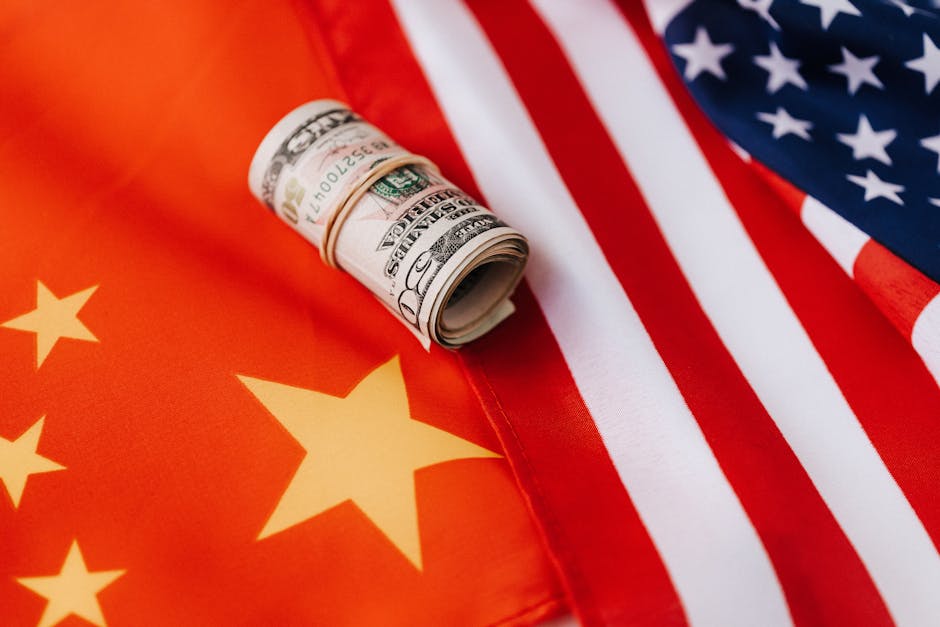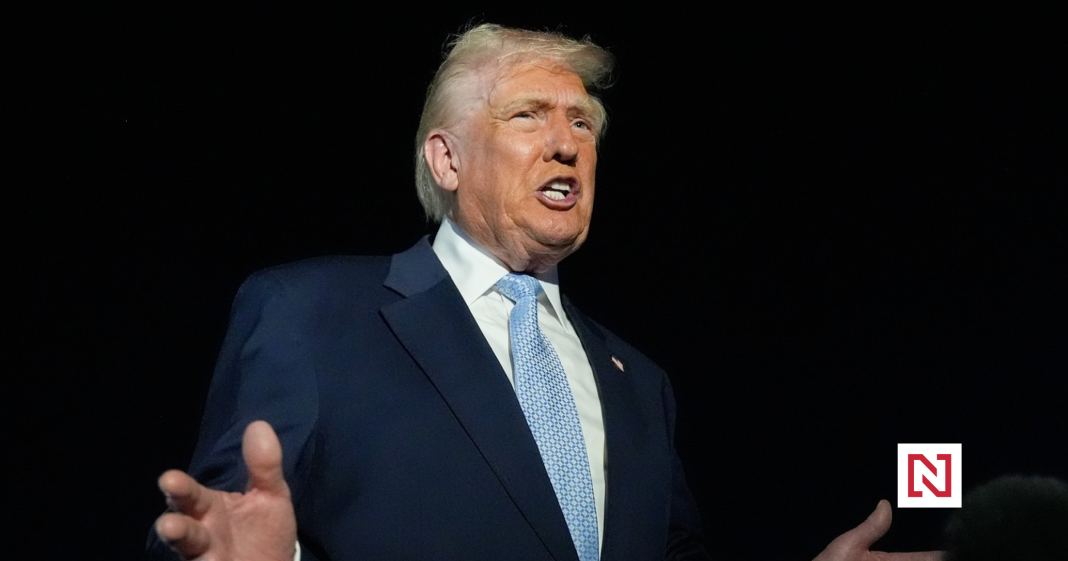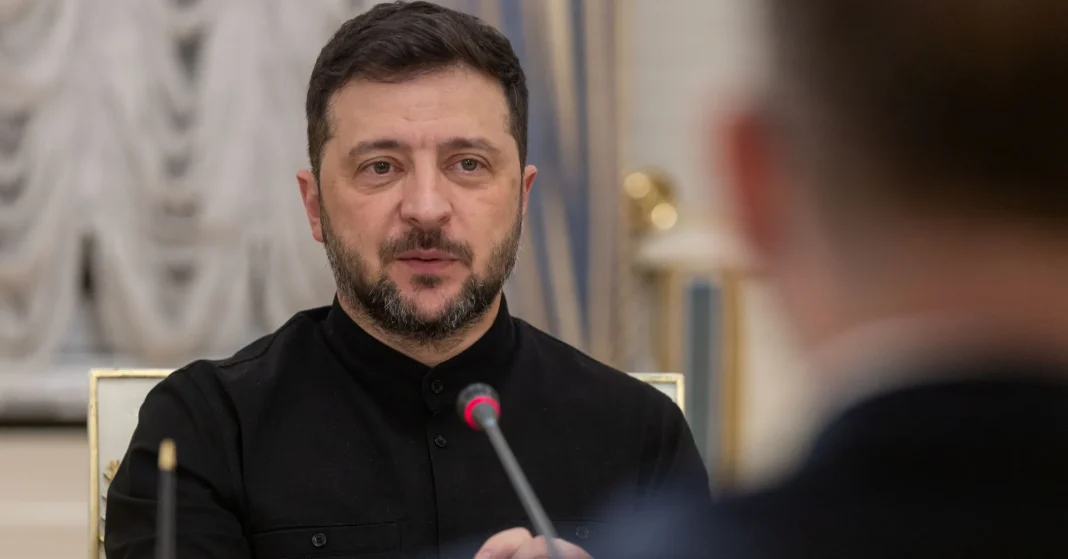The recent ultimatum issued by former U.S. President Donald Trump has placed Ukraine in a difficult position, navigating between losing a significant partner and maintaining its national dignity. This situation underscores the complex geopolitical dynamics at play in Eastern Europe.
The Ultimatum’s Core: A Political Gamble

Trump’s ultimatum reportedly involves conditions that could significantly alter Ukraine’s relationship with the United States. Sources suggest the ultimatum might be linked to political or military support that the U.S. provides to Ukraine amid its continuing tensions with Russia. This proposition forces Ukraine into a precarious situation of either complying with demands that could compromise its values or risking the loss of vital support from a powerful ally.
The ultimatum raises questions about sovereignty and external influence in Ukrainian politics. While international partnerships are crucial, Ukraine must weigh whether any potential concessions could undermine its long-term goals and its sovereign decision-making ability. The balancing act becomes even more challenging in an environment where geopolitical tensions are already high.
Impacts on Ukraine’s International Relations

Ukraine has, over the years, built strong ties with several Western nations, including the United States, seeking support in its struggle against Russian aggression. Any changes in this relationship could shift the regional balance of power, impacting not only Ukraine but also its neighboring countries and the broader European continent.
Further complicating matters is Ukraine’s need to maintain its dignity on the world stage. Bowing to external pressures may lead to criticism from other allies and fuel narratives of external domination, which could weaken its standing in international forums. Ukraine must carefully manage its diplomatic channels to avoid isolation while asserting its sovereignty.
The Domestic Scene: Public Sentiment and Political Ramifications

Within Ukraine, public opinion plays a crucial role in how the government approaches external pressures. Ukrainians have strongly voiced their desire for an independent and corruption-free nation, which has been a significant factor in political movements within the country. The government’s response to the ultimatum will be closely watched by the public, potentially influencing future elections and the political landscape.
The Ukrainian leadership might face domestic challenges if perceived as yielding too readily to external demands. A balance must be struck between satisfying international expectations and meeting the demands of its own citizens, who may view any concessions as a betrayal of national interests.
Strategic Considerations for Ukraine’s Future

Looking ahead, Ukraine must craft a strategic plan that addresses both its immediate needs and long-term goals. This involves strengthening alliances not only with the United States but also with European neighbors and other global powers that support Ukraine’s sovereignty and territorial integrity.
Ukraine could also leverage this situation to advocate for increased European integration, pushing for stronger ties through organizations such as the European Union. By bolstering its diplomatic efforts and showcasing its commitment to democratic values, Ukraine may further solidify its position as a steadfast participant in the global arena.
In conclusion, Ukraine faces a critical decision: navigate the complex landscape of international diplomacy, balancing partnership with principles. As the world watches, the choices made will have profound implications for Ukraine’s future and its role on the global stage.





